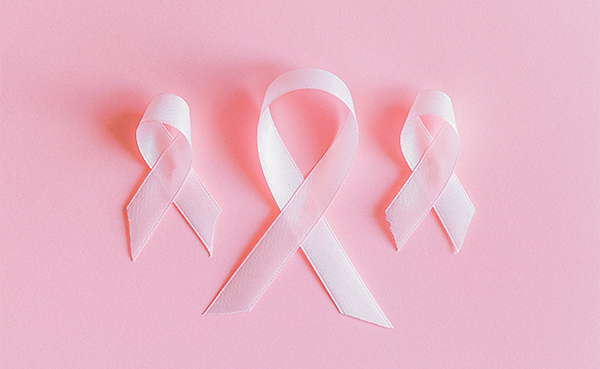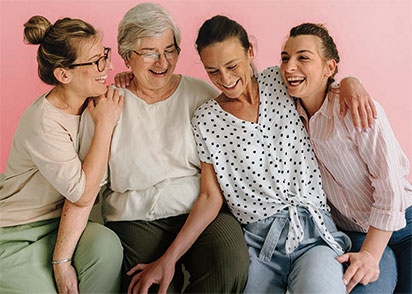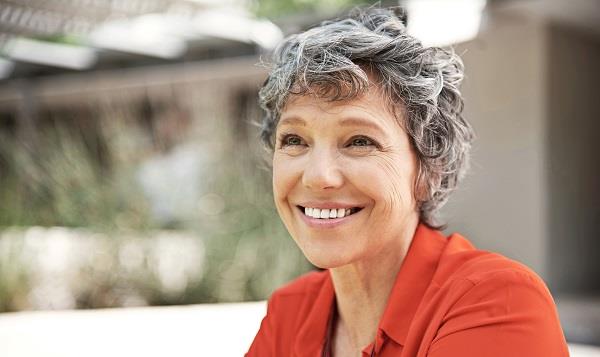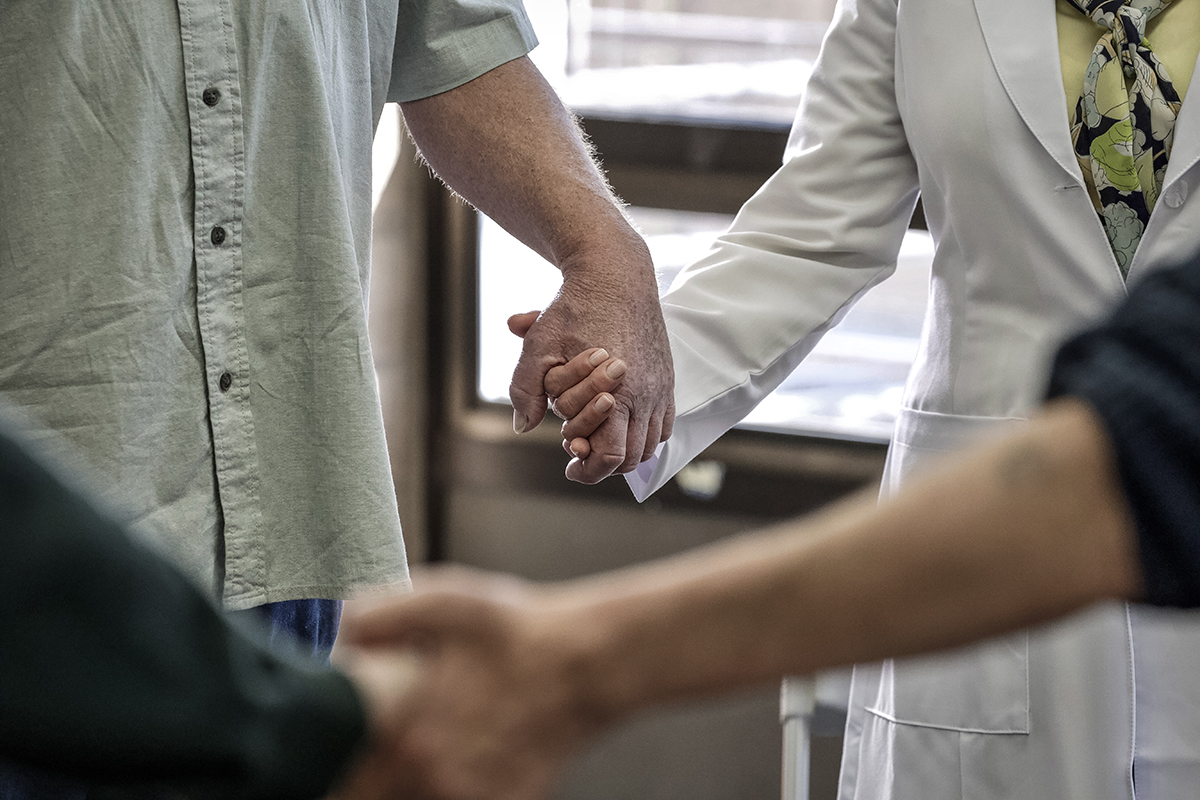What Is My Risk for Breast Cancer?
Aug 15, 2022

Like most women, you may find yourself wondering now and then: What are my chances of getting breast cancer?
Of course, there are many factors that can affect your risk. There’s also no foolproof way to know for sure.
Here are eight questions your doctor may ask — and what each question has to do with your breast cancer risk.
1. Have you ever had cancer?
Why it matters:If you've had cancer in one breast, you have a higher chance of getting cancer in the other or in a different part of the same breast.
Your risk might also be higher if you had chest radiation to treat another cancer, such as Hodgkin or non-Hodgkin's lymphoma. On the other hand, if you've had chemotherapy, that may actually lower your risk of breast cancer.
2. Do you have a family history of breast cancer?
Why it matters:Having a mother, daughter or sister with breast cancer almost doubles your own risk. Having two close relatives with breast cancer raises your risk even more.
Though breast cancer is more common in women, men also get it. So be sure to tell your doctor if a father or brother has been diagnosed.
Of course, you can get breast cancer without a family history too. In fact, eight out of 10 women diagnosed with breast cancer don't have a close relative with the disease.
3. Do you have a BRCA1 or BRCA2 mutation?
Why it matters:Up to 10 percent of all breast cancers may be inherited. This means they develop directly from gene mutations passed on from a parent. The most common cause of inherited breast cancer is a mutation in the BRCA1 or BRCA2 gene.
If you have a strong family history of breast cancer or ovarian cancer, your doctor may advise you to consider genetic testing for the BRCA1 and BRCA2 mutations.
4. How old are you?
Why it matters:The older you are, the higher your breast cancer risk. In fact, most invasive breast cancers — those that have spread from where they started — are found in women 55 and older.
5. How old were you when you had your first period?
Why it matters:Starting your period before age 12 may slightly add to your risk. This may be because you have a longer lifetime exposure to certain hormones that can spur breast cancer's growth.
6. If you’ve given birth, how old were you when your first child was born?
Why it matters:If you haven't given birth or you had your first child after age 30, you may have a slightly higher risk of breast cancer overall. But pregnancy can also raise the risk of one kind of breast cancer.
Some older forms of birth control may also affect your risk. So be sure to tell your doctor about your full reproductive history.
7. Have you ever had a breast biopsy?
Why it matters:Even when a biopsy doesn't find cancer, some of the breast changes that led to the biopsy may raise your cancer risk. But biopsies themselves don't cause cancer.
8. What's your race and ethnicity?
Why it matters: Generally, white women are slightly more likely to be diagnosed with breast cancer than women of other ethnicities. But under age 45, breast cancer is more common in African American women. And overall, African American women are more likely to die from the disease than white women.
Keeping breast cancer at bay
Regardless of your risks, getting your mammograms on schedule is a huge way to help you find breast cancer early, when it is most treatable.
Despite these known risks, your risk is unique. Make sure you stay on top ofbreast cancer factsand talk with your primary care provider anytime you’re concerned.


